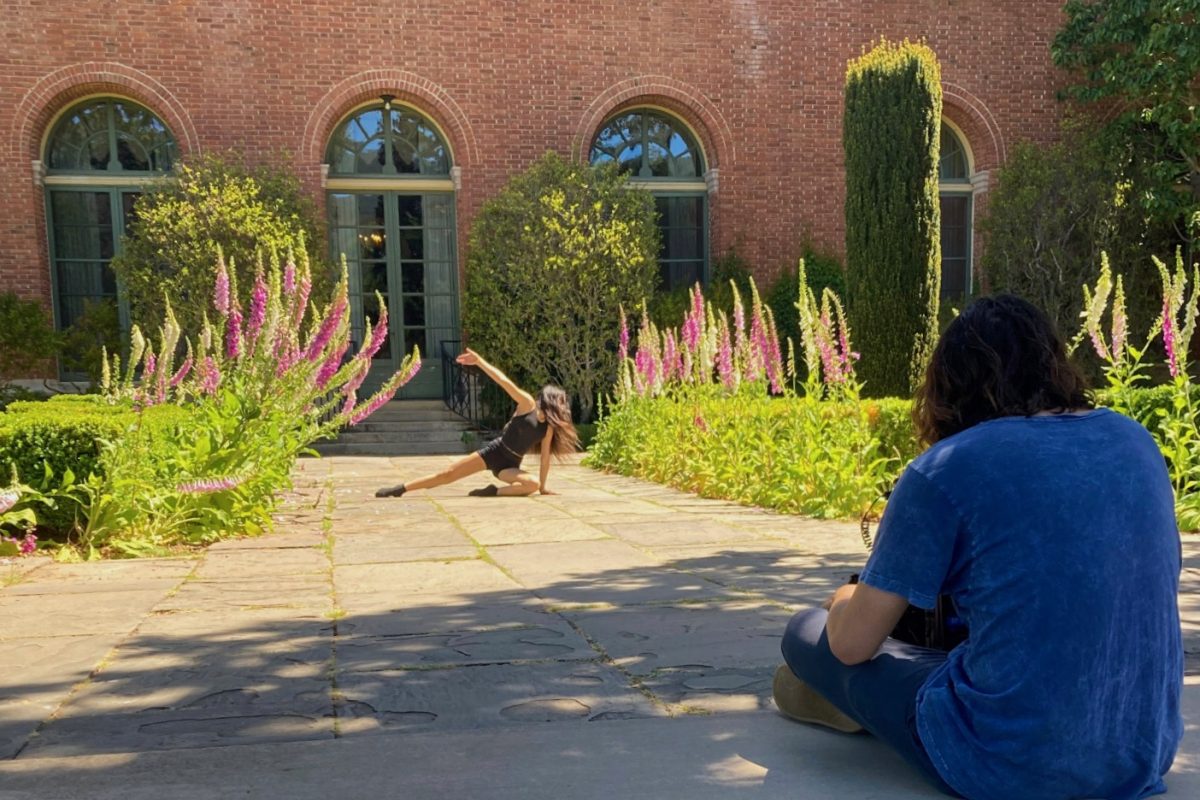Sam walks into his first period class and sits down. All around the room, heads begin to turn.
Many turn away, embarrassed for him. Others look down, busying themselves to avoid eye contact. Some students even stop to stare and gawk.
Why do his peers act like this? The answer is simple. It’s because he’s different.
According to a study conducted by Dr. Gregory Berns, an associate professor of psychiatry and behavioral sciences at Atlanta’s Emory University, humans generally feel a need to conform.
The majority of people shy away from creating a uniqueness for themselves, afraid of being rejected by others.
Berns reported in his study that, “even if one has their own opinion on something, they choose to ignore it, and go along with the group to belong to the group. There is a fear of standing alone.”
However, some Carlmont students, like Sam, have strayed away from this path.
“[Trends] would be interesting to follow,” said Lily Zheng. “But for me there are plenty of other things to be interested in that take my attention away from needing and wanting to follow a trend. I’d much rather spend my time writing, reading, and blogging.”
Priscilla Chan voiced a similar opinion, telling how she doesn’t follow trends because they tend to be overpriced and unnecessary.
“By putting your own personal touch on the clothes you wear or the ways in which you can style your body, you can put a lot more of your identity into it,” Chan said.
Everywhere on campus, girls can be seen sporting trends like Uggs, Northface jackets, and leggings. Boys can be seen wearing skinny jeans and talking about the latest bandwagon sports game. All of them usually stand in the hallways holding their iPhones or Camelback water bottles.
Many of these people are often categorized as “trend followers,” however, this does not necessarily mean they have lost their identity as individuals.
“I own a pair of Uggs,” said Jessie Real, “so I guess I have followed the trend. But mine are hot pink, so they’re not technically like the ones that everyone else has.”
Real continued by explaining how even though she owns a pair of Uggs, which she also pairs with leggings, she is still an individual.
“I didn’t lose who I am because I own a pair. It’s not like I joined a cult,” she said.
Identity can generally be described as the distinguishing character or personality of an individual. Students like Real believe that trends such as clothes and other material items do not affect this individuality, and feel as though they should not be judged for choosing to or not to follow them.
“I don’t feel a need to obsess about what I wear and whether it complies with current fashion,” said Adam Cobb, “So I don’t follow trends. This doesn’t mean I’m weird or should be treated differently, though.”
On the other hand, Courtney Heatherington doesn’t have a problem with following trends at all.
“It’s true, I do follow trends. Not religiously, of course, but I pick and choose which ones I like and they help me find my own personal style. I think everyone combines different trends to formulate their own diverse styles.”
“Everyone does what they think is important; following a trend doesn’t make you any better than not following a trend makes you less well off,” said Zheng.
“If people follow trends and enjoy themselves, then that’s great. Same thing with people that don’t follow trends; if they’re happy, I’m happy,” she continued.
So, yes, Sam does notice the heads of his classmates that lean away from or towards him, their eyes flitting to his hot pink hair, his 1.5 inch gauged ears and his mismatched outfit.
He knows that they whisperer snide comments beneath their breaths, assuming he won’t hear. He knows they are judging him.
But Sam doesn’t want to change who he is because of other people’s opinions. To be honest, he really doesn’t care. And why should he?
He’s an individual.
















